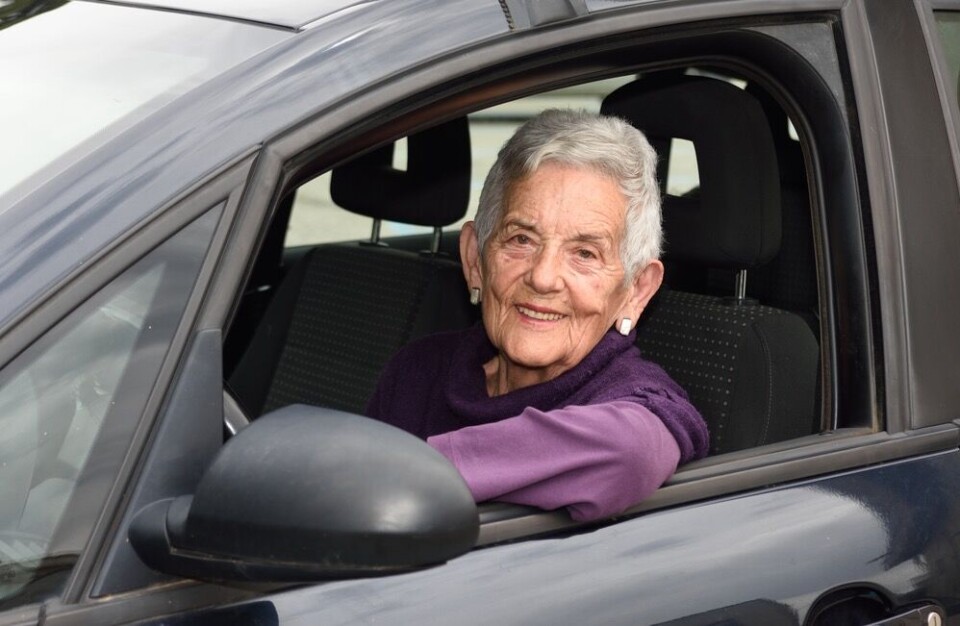-
French home energy bills to rise in 2026
Household electricity and gas bills will increase by around €50 per year
-
Social charges on UK government pensions: France residents report progress
Issue now drawing attention at the highest levels
-
Good news for many micro-entrepreneurs in France: plans to lower VAT threshold rejected by Senate
Vote reverses proposal to lower tax exemption thresholds for self-employed workers
Drivers aged 65 and over offered free refresher courses in east France
The courses, which feature lessons designed for older people – such as how common medications can affect concentration – come after a rise in accidents among over-65s

Drivers aged 65 and over in eastern France are being offered refresher courses by the local authority to help update their driving skills and improve their safety on the roads.
The Bas-Rhin (Grand Est) prefecture decided to offer the courses after seeing a rise in the number of road traffic accidents involving older people.
Many drivers aged 65 and over may have been driving for almost 50 years if not more, and have not updated their skills since they first received their licence, nor learned how to adapt their driving to their older age.
The courses are free to participants (paid for by the Bas-Rhin prefecture), and anyone who lives in the department can sign up via their local authority office. There are already 20 people signed up for the next course in Saverne.
The lesson includes an update on road signs, speed limits, the effects of alcohol, and how to stay alert to distractions, including noise and physical hazards; and reaction times, which can slow down with age.
There is also a section on how medication can affect your concentration, with a particular focus on medicines that are more common among older people – such as painkillers, hypertension drugs, diabetes treatment, and medicines for urinary tract conditions.
Participants are then offered a test at the end, with around 40 questions, to check their competence and reiterate the principles.
Jacques Munsch, one of the course leaders, : “There is a lot of demand, and we’re happy to offer it. People seem to be very open to it.”
One woman, 89-year-old Dina, said that she enrolled in the course happily, to ensure that she can continue to drive safely. She “loves to drive”, she said, although she now tends to stick to shorter journeys, on roads that she knows around her local area of Saverne.
Another participant said the course was useful. He said: “I realise that you do need to pay real attention all the time, and in reality, I can’t always do that anymore.”
Related articles
Speeding fine in France: Do I need to swap to a French licence?
Driver doing 200km/h in northern France caught by police plane
How to contact ANTS for help swapping driving licences in France























